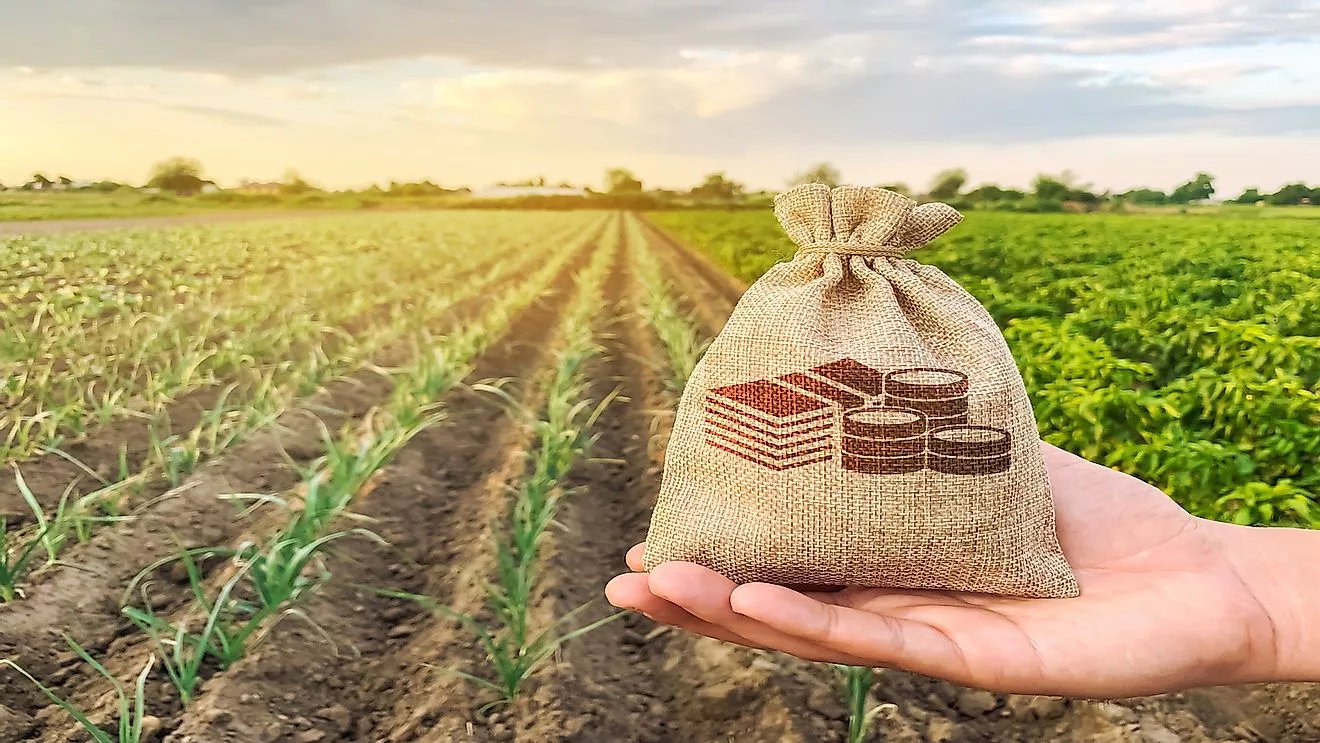
Hemp is an important crop for circular and sustainable businesses due to its versatility, sustainability, and positive environmental impact. Here are some of the key reasons why hemp is gaining traction in the circular economy:
- Rapid Renewability: Hemp is a fast-growing crop that can be harvested multiple times a year, making it a renewable resource that can be used to replace or reduce the use of non-renewable resources like petroleum-based plastics and timber.
- Versatile Material: Hemp can be transformed into a wide range of products, including textiles, paper, building materials, biofuels, and bioplastics. This versatility allows businesses to reduce their reliance on single-use materials and transition to a more circular production model.
- Sustainability of Hemp Cultivation: Hemp cultivation requires less water and pesticides than many other crops, making it a more sustainable agricultural practice. Additionally, hemp has the ability to improve soil health and suppress weeds, further reducing the environmental impact of farming.
- Carbon Sequestration: Hemp plants are efficient carbon sequesters, absorbing carbon dioxide from the atmosphere and storing it in their biomass. This ability to mitigate climate change is a significant advantage for hemp in the context of circular and sustainable business practices.
- Waste Reduction and Recycling: Hemp products are often biodegradable or can be recycled, contributing to waste reduction and resource conservation. This aligns with the circular economy’s emphasis on minimizing waste and closing material loops.
In addition to these environmental benefits, hemp also offers economic advantages for circular and sustainable businesses:
- Local Production and Supply Chains: Hemp can be grown and processed in various regions, reducing reliance on long-distance transportation and promoting local economies.
- Job Creation: Hemp cultivation, processing, and product manufacturing can create jobs in both rural and urban areas, revitalizing communities and boosting local economies.
- Market Opportunities: The growing demand for sustainable products presents significant market opportunities for hemp-based businesses, creating a competitive advantage for those who embrace hemp as a key component of their circular and sustainable strategies.
As the world transitions towards a more circular and sustainable economy, hemp is poised to play an increasingly important role. Its versatility, sustainability, and positive environmental impact make it an attractive material for businesses seeking to reduce their ecological footprint and contribute to a more sustainable future. By incorporating hemp into their products and processes, businesses can not only enhance their environmental credentials but also tap into new market opportunities and contribute to a more equitable and sustainable world.
